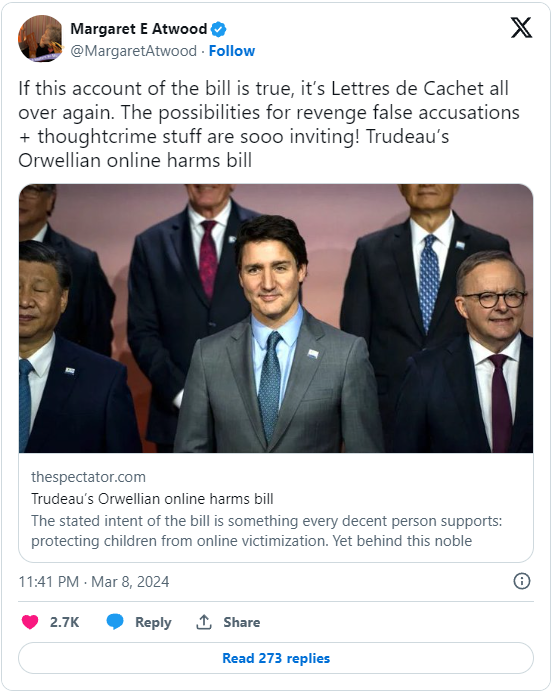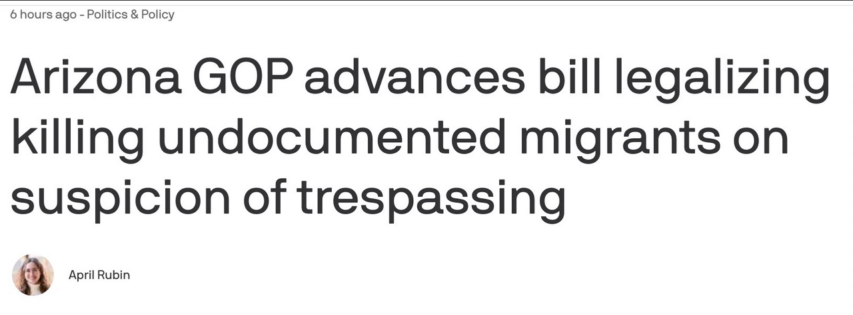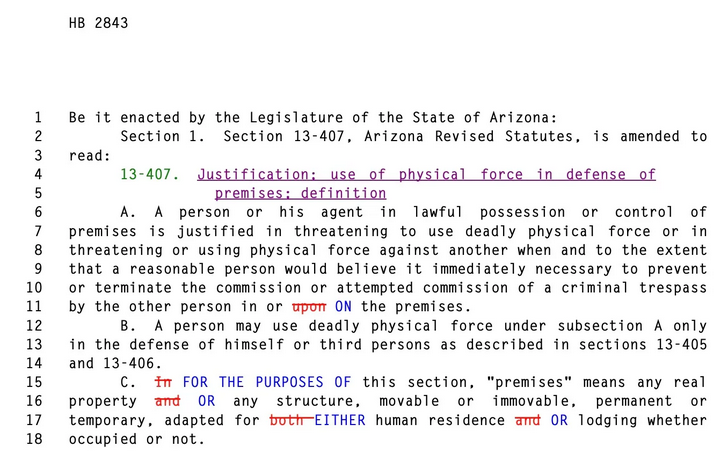Crime has been increasing lately, and Toronto’s boys, girls, and all 57 other genderbeings in blue have their very best advice for you: surrender now.
… Toronto Police have reflected on the problem. They’ve mulled it over. Thought long and hard. And they’re advising people just give up. To stay safe.
This advice came out at a community safety meeting between Toronto Police officials and concerned citizens last month. (The meeting was covered by City News Toronto, but didn’t get widespread coverage until this week, when clips went viral online. Tell me that isn’t a microcosm of the 21 century.) In remarks to the citizens at the meeting, a Toronto police constable said this: “To prevent the possibility of being attacked in your home, leave your fobs by your front door. Because they’re breaking into your homes to steal your car. They don’t want anything else. A lot of them that [the police] are arresting have guns on them. And they’re not toy guns. They’re real guns. They’re loaded.”
Oh. Okay.
Look, it’s not bad advice, in any individual circumstance. There probably are a lot of people out there who’d be relieved if someone kicked in their door, grabbed the fob and took off. And it’s certainly not novel advice from a police service. We’ve all heard variations of this before, right? “Just give up your wallet” when you’re mugged. “Just get out of the car” during a carjacking. You can always replace things. Right?
The problem is that, in the other scenarios above, you’re out and about in public. There’s no guarantee of safety in public, as much as we all wish otherwise. The advice now being given by Toronto police isn’t what to do when someone jabs a gun into your ribs in a seedy back alley, but how to avoid being harmed by bad guys in your own home. And the police advice is “Make it so easy on them that they have no reason to hurt you”.
There’s no charitable read on this, and in this case, truth isn’t a defence. I accept that the police are giving their real, best, true advice. I accept that they are being sincere. That’s the problem: the police are sincerely surrendering. They’ve given up, and they think it would be best if you gave up, too. These violent robberies are just going to continue, and it’s on us — the public — to minimize the bloodshed and risk to ourselves by … submitting.
I try to avoid hyperbole in columns, with the odd exception for comic effect. But this isn’t funny at all, so I won’t make a joke of it. Let’s be extremely serious for a moment. If this is where the Toronto Police Service has landed in terms of their best advice for the public, as a member of that public and Toronto resident, I’d like to ask this: why stop with leaving my fob by the front door? I have a laptop computer. It’s a few years old now, but still in workable condition. It’s worth a few hundred bucks. Maybe I should leave that by the door, too? I don’t keep a lot of cash on hand — who the hell does, in 2024? — but there’s usually a few bucks in my wallet, or my wife’s. Should part of our nightly routine now just be emptying our wallets into a little bowl that we can leave on the radiator by the front door, and come morning, if the door hasn’t been kicked down and the cash grabbed, we can just put the money right back into our wallets as we get the day started? I’m not really a jewelry guy, but my wedding band is worth something, I guess. Pop that into the bowl with the cash?
After all, the bad guys have guns. Real guns. Loaded guns. And there is apparently nothing to be done about this except submit and co-operate. So say the police.
<sarc>No, that can’t be right. Justin Trudeau made guns illegal, so the bad guys just can’t have guns. It would be against the law, and they might get in trouble.</sarc> Oh, and should the propitiatory offerings be placed inside or outside the door? I guess outside, to make it even easier for them, but make sure everything is protected from rain or snow … it’d be risky if they had to pick everything up soaking wet and they might take it out on you and your family.
That’s Matt Gurney from The Line, so you really should read the whole thing.



















